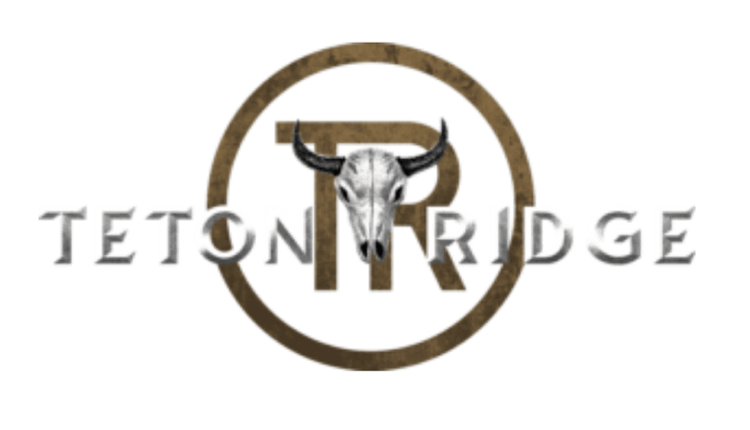To help Buck Bloomingdale understand cowboy culture as he fine-tuned the script for his heist film “Riding Hurt,” the team from Teton Ridge Entertainment took the screenwriter to watch some bull riding.
“We brought him out to Texas for the American Rodeo,” says Jillian Share, the president of Teton Ridge Entertainment. “We got him into the bullpen, , where he was up close and personal with the bulls, and then we took him to drinks with all the folks who had competed in the rodeo. We wanted him to get ingrained in that world.”
The goal is for “Riding Hurt,” which unfolds in the world of professional bull riding, to have the grit and authenticity that will make it recognizable to a part of America that Hollywood traditionally ignores. Catering to “red state” customers is Teton Ridge’s business model. And the production company is hoping to capitalize on a boom in Western entertainment, one that’s seen “Yellowstone” top the ratings, Bella Hadid rock cowboy boots and Beyoncé and Post Malone debut country albums.
“We’re watching things really move in the direction of this part of the country, because it’s a huge audience,” says Share. “We’re seeing it in fashion; we’re seeing it in music. We want to help accelerate it in film and television.”
Before she boarded the country and western wagon train, Share oversaw film production at eOne and was an executive at Legendary Entertainment and Heyday. Since she joined the company in 2024, Teton Ridge has outbid competitors for a series of splashy projects. Not only did it acquire Bloomingdale’s spec script for seven figures, but it landed the rights to Larry McMurtry’s “Lonesome Dove.” The company expects to turn the sprawling novel series about a group of cattle herders into a film or TV show.
“These books are so beloved — they’re like ‘The Lord of the Rings’ of the West,” says Share. “Getting the rights has been a calling card for us.”
Of course, not every attempt to reach the audience that Teton Ridge wants to attract has been successful. There have been faith-based hits like “Sound of Freedom” and blockbusters that have over-indexed in states like Texas or Oklahoma, such as “Twisters,” which highlighted a cowboy-hat wearing Glen Powell in its marketing. But other ambitious projects, like Kevin Costner’s “Horizon,” flamed out spectacularly.
One advantage that Teton Ridge has is its deep-pocketed backers, including Thomas Tull, the former head of Legendary. It also is part of a larger conglomerate. Its parent company, also known as Teton Ridge, owns several Western sports and media properties, including The Cowboy Channel and the American Rodeo.
Share insists she won’t just be telling stories of the Old West that would have starred John Wayne back in the day. Teton Ridge films can be anything from contemporary thrillers to rom-coms, as long as they remain rooted in a certain geographic setting.
“We want to expand on the idea of what the Western is,” Share says. “People think of the Western genre as dusty old saloons and shootouts and outlaws with bounties on them. We’re going, ‘How do you turn that on its head and find ways to look at Western as more of a lifestyle?’”


